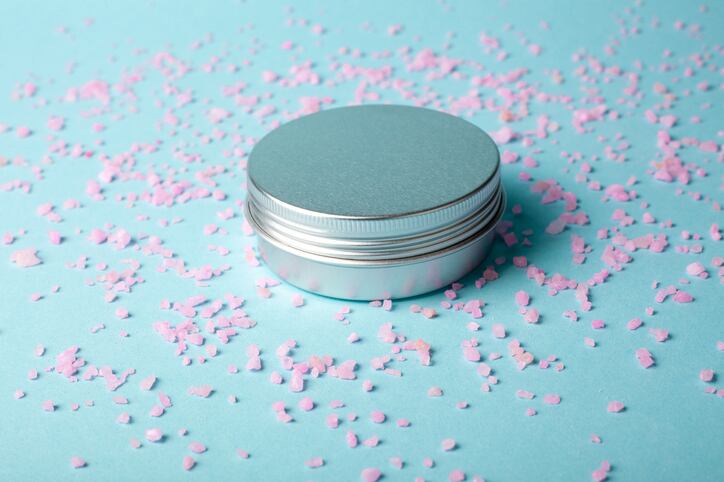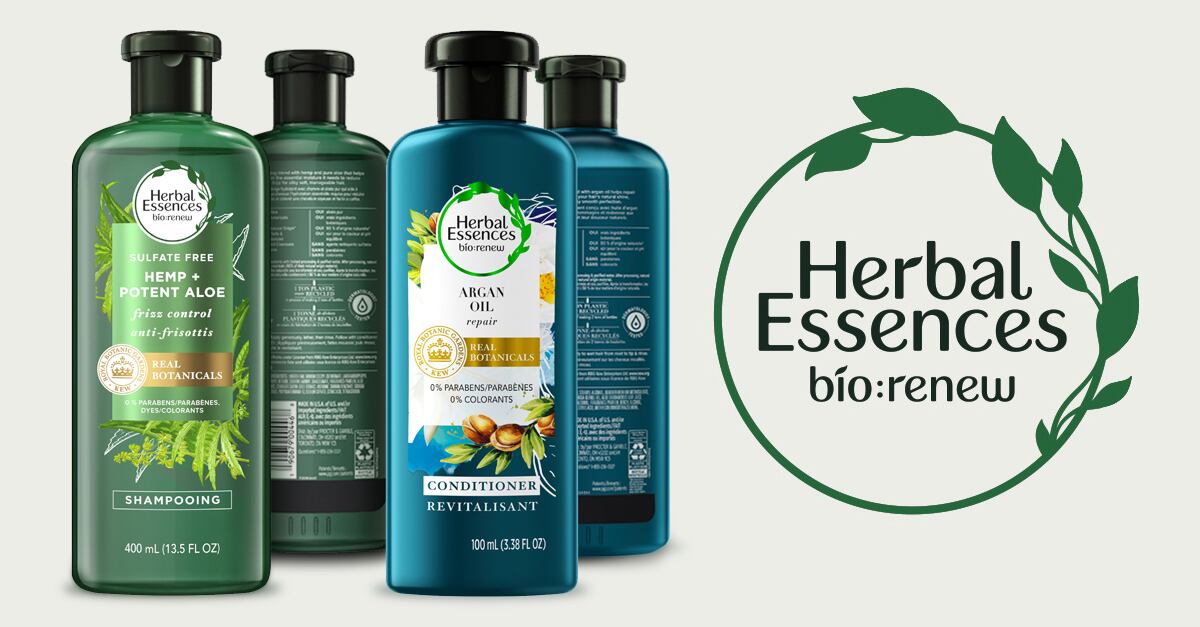The packaging type is blossoming in the beauty industry, with some brands integrating aluminum bottles or tubes for traditional consumable products, like dry shampoo, hair products and lotions, as well as integrating metal packaging into refillable products, like color cosmetics brand Trestique with aluminum packaging and Dove’s new stainless steel refillable deodorant.
Pros
Like plastics, aluminum is generally not a biodegradable material and takes around 200-500 years to decompose, but unlike plastics, aluminum is highly recyclable and, importantly, considered “endlessly recyclable,” said Robert Bulla, director of engineering and innovation at APC Packaging.
According to Environmental Protection Agency data, 35% of all aluminum packaging and foil was recycled in 2018, jumping to more than 50% for beer and soft drink cans.
Plastic has a lower recycling rate, and the recycling is more complex, leading to degradation of the material and less frequent reuse, according to Reuters. Aluminum can be considered a more sustainable option because it’s more frequently recycled and reused, and the material doesn’t experience the same kind of degradation during recycling.
The Muncie, Indiana sanitary district also reports that recycled aluminum takes 95% less energy to produce than making aluminum from raw materials.
Bulla said those benefits of aluminum are pushing brands to look at how they can transition the material from an accent piece to a larger portion of the package. While he doesn’t see many color cosmetics transitioning to aluminum, jars and bottles made from the material are becoming more common.
Though aluminum bottles still often require some plastic pieces, like in pumps, the amount of plastic is still being significantly reduced and sustainability can be further improved through strategies like refillables, Bulla said.
Cons
As a packaging material, the main problem with aluminum packaging comes in shipping, because it’s both heavy and dentable. APC manufacturers many types of aluminum packaging, and Bulla said it can be a real struggle to ship without denting.
Additionally, if aluminum packaging is made thicker to reduce denting, it also becomes increasingly heavy, bringing up the cost dramatically, Bulla said. Because of those concerns, he said the material needs to be used purposefully in specific areas and paired with refillable strategies to bring costs down.
Aluminum is also not without its environmental impacts. Virgin aluminum comes from bauxite ore, which has negative social and environmental impacts in some of the countries it's mined in internationally.
According to the National Institutes of Health, bauxite mining in the Kuantan region of Malaysia caused air quality, water quality, food contamination and flood concerns through dust and water pollution.
Human Rights Watch has also flagged bauxite mining in Guinea as a human rights concern, with great amounts of money being taken out of the region through mining and little coming back in services for residents.
The National Center of Biotechnology information also said aluminum can bioaccumulate in water sources, which can in high concentrations cause health impacts for fish and invertebrates, which they believe could trick through to terrestrial food chains.


